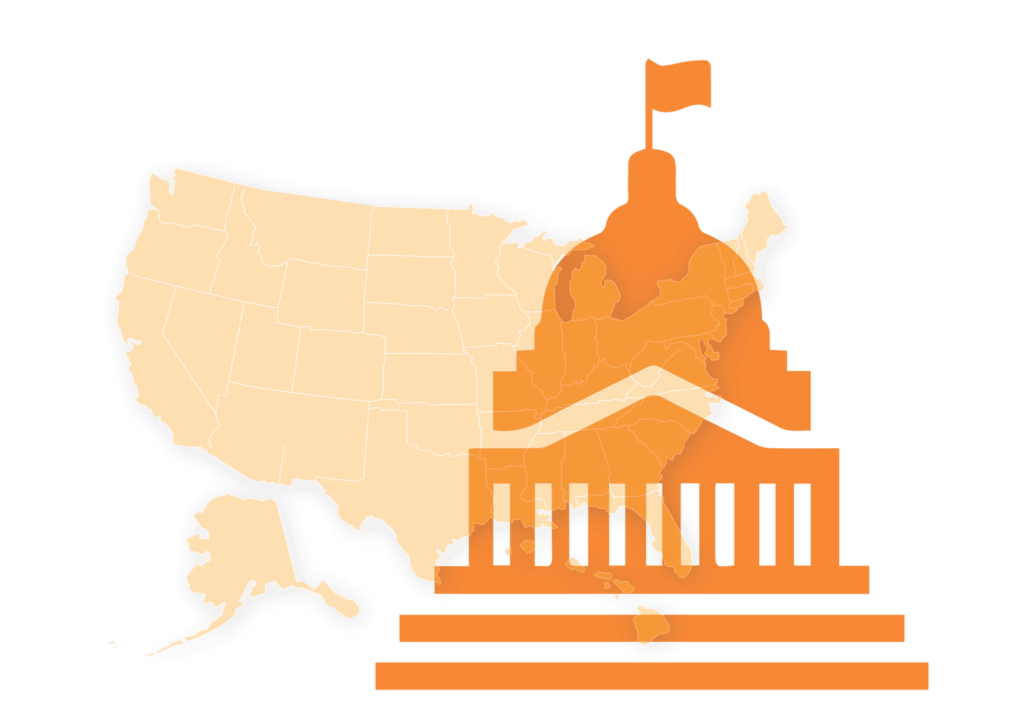Good morning. My name is Katie Berger, and I’m here behalf of the Education Trust, a national advocacy organization committed to advancing educational opportunities for low-income students and students of color. At Ed Trust, we believe that, if given the right tools and support, institutions are capable of serving all students better and closing the access and completion gaps that contribute to persistent inequality and limit intergenerational mobility. I’m here today to make the case that establishing a national student-level data network would greatly advance the work of policymakers, advocates, institutions, and accreditors in improving the quality and equity of our nation’s system of higher education.
Since the enactment of the original Higher Education Act in 1965, college-going rates have climbed for students from all economic and racial groups. Yet despite this progress, low-income students and students of color continue lag behind their peers in college enrollment, completion, and attainment. In fact, low-income students today enroll in college at the same rate that high-income students did in the mid-1970s, Black adults earn degrees at half the rate of White adults, and the attainment rate among Hispanic adults is even lower—just over one-third that of White adults.
As we’ve learned in K-12 policy, the things we measure are the things that count, and it’s imperative for equity that policymakers have access to nationally representative data that reveal how student experiences and outcomes vary by race and income. Ed Trust research demonstrates that a rising tide frequently does not lift all boats, and we’ve identified institutions that have improved overall graduation rates while leaving low-income students and students of color behind, as well as those that have successfully closed gaps and improved outcomes for all students. Student-level data allow decision makers to evaluate how effective individual programs and interventions are at improving educational and workforce outcomes, including for students from historically underserved communities and for those who are most in need of support.
Comprehensive, disaggregated, high-quality data are a prerequisite to responsible policymaking and a fundamental necessity for constructing effective accountability and oversight systems. In order to hold institutions accountable for the success of all students, federal data must be disaggregated by race and income; include part-time, returning, and transfer students; and track a range of outcomes, including retention, transfer, completion, loan repayment, employment, and earnings. The federal student-level data network that would be established under the bipartisan College Transparency Act would provide such data while reducing the administrative burden placed on institutions and increasing the utility of data that is already being collected by the federal government. Accreditors would glean additional benefits from student-level data, as it would enhance their ability to implement risk-informed and data-driven approaches to accreditation, recognize early warning signs of institutional failures, and expand existing accreditor data dashboards. I therefore urge you to join Ed Trust and more than 130 organizations representing students, institutions, employers, and veterans in supporting the creation of a student-level data network. Thanks very much for your time.

 February 08, 2018 by
February 08, 2018 by 




